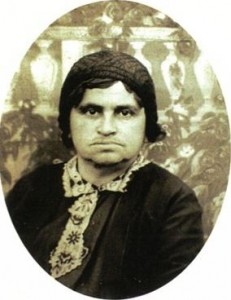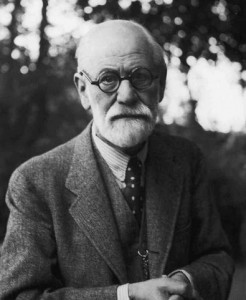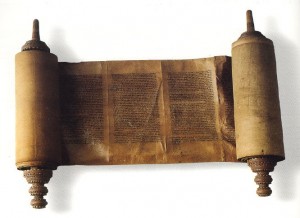Sarah Schenirer (1883-1935) was born in Cracow, Poland to a Hasidic Jewish family. She left her elementary school at age 13 due to her family’s poverty, and took on a job as a seamstress. Meanwhile, she envied her brother’s opportunities to study Torah, and dreamed of creating similar opportunities for women. One by one, her girlfriends assimilated and left the Orthodox Jewish fold. Troubled by this development, Schenirer understood that girls were losing their connection to Judaism primarily as a result of ignorance. She resolved to start a Jewish girls’ education network, and in 1917 opened a girls-only kindergarten for Jewish studies. The school was called “Beit Yakov”. (The name comes from a Biblical verse, referring to God’s command to Moses at Mt. Sinai to instruct the women along with the men.) The idea flourished quickly, inspiring a “Bais Ya’akov” movement across Jewish Europe. By 1923, Schenirer had to establish a teachers seminary to train new instructors, who taught young girls both Torah and secular subjects. The movement gave rise to camps, clubs, a monthly magazine, international conferences, and even its own publishing house to print textbooks. Sadly, Schenirer passed away from cancer, childless, at the young age of 52. At the moment of her passing, over 200 Beit Yakov schools were operating in Europe and beyond, with 35,000 girls studying diligently. Many of these girls referred to Schenirer as Sarah Imenu – “Sarah, our Mother”. Schenirer had a reputation as a wise and caring pioneer, as well as a modest and holy woman. She did not allow photographs of her to be taken, saying “I don’t need anyone to remember what I look like, I want them to remember my vision.” Her vision is alive and well today, with hundreds of Orthodox Beit Yakov girls schools still shining all over the world.
Words of the Week
God is the ultimate oneness, and everything Godly in our world bears the stamp of His unity. All evil derives from the distortion of this oneness by the veil of divisiveness in which God shrouds His creation.
– Rabbi Sholom DovBer of Lubavitch



